Search Results
Showing results 681 to 700 of 775
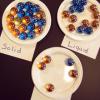
The Three Basic States (Phases) of Matter
Source Institutions
This activity was designed for blind learners, but all types of learners can explore the three states of matter by examining tactile models that illustrate the characteristics of particles in each sta

Magic Wand
Source Institutions
In this activity about light and perception, learners create pictures in thin air.
The Ripple Tank
Source Institutions
In this optics activity, learners create a ripple tank from household materials to study waves. Learners build the tank and then explore by making various types of waves.
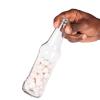
No Pressure
Source Institutions
In this activity, learners observe what would happen to their bodies if they went to outer space without a space suit.
Polarized Light
Source Institutions
In this optics activity, learners experiment with polarizers (small dark rectangles) to examine light intensity.
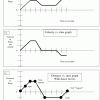
Graph Dance
Source Institutions
In this activity, learners "dance" (move back and forth at varying speeds) by reading a graph. This is a kinesthetic way to help learners interpret and understand how motion is graphed.
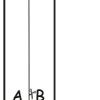
Helicopter Twirl
Source Institutions
Learners cut and fold a paper helicopter from the template in this PDF. They practice twirling the helicopter and observe what happens as they modify their tries.

Polymers are Chains (K-2)
Source Institutions
In this activity, learners make a paper model of a polymer, then make Silly Putty, an actual polymer.

Measuring Wind Speed
Source Institutions
In this indoor and/or outdoor activity, learners make an anemometer (an instrument to measure wind speed) out of a protractor, a ping pong ball and a length of thread or fishing line.
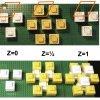
Exploring the Nanoworld with LEGO Bricks: Structures at the Nanoscale
Source Institutions
In this activity (pages 7-16), learners model various crystal structures with LEGOs. This activity also contains additional links that explain how to create other crystal structures.
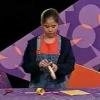
Hoop Glider
Source Institutions
In this activity, learners engineer a flying glider using paper hoops and a drinking straw.
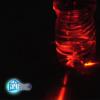
Reflecting on Diffraction
Source Institutions
With a laser pointer and some household items, learners can create their own laser light show. They can explore diffuse reflection, refraction and diffraction.
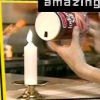
Amazing Air
Source Institutions
In this activity, learners construct a small "air cannon," and use its airflow to put out a candle (lit with the help of an adult).
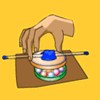
Let It Roll
Source Institutions
In this activity, learners will make their own "ball bearing" with two jar lids, marbles, and some household supplies.
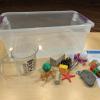
Sink or Float
Source Institutions
In this activity, learners will make predictions and experiment with different objects to see if they sink or float.
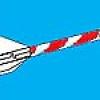
Rubberband Rockets
Source Institutions
This fun and simple activity is a rubberband rocket design challenge! Learners will explore how tail fins can help to stabilize a flying object, while also exploring potential and kinetic energy.
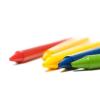
Spinning Your (Color) Wheels
Source Institutions
In this optics activity, learners use everyday materials to make a color wheel. When learners spin the wheel like a top, they will be surprised to see all the colors mixing together to appear white.
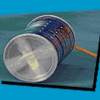
Spool Racer
Source Institutions
In this physics activity, challenge learners to make a rubber band-powered spool racer. Demonstrate principles of motion as well as potential and kinetic energy.
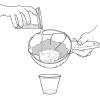
Sticky Situation
Source Institutions
In this activity, learners separate the protein from milk and and use it to make their own glue.
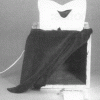
Paper Whites
Source Institutions
Learners observe different paper samples under ordinary room light and under a black light to learn some of the chemical differences between different types of paper.
